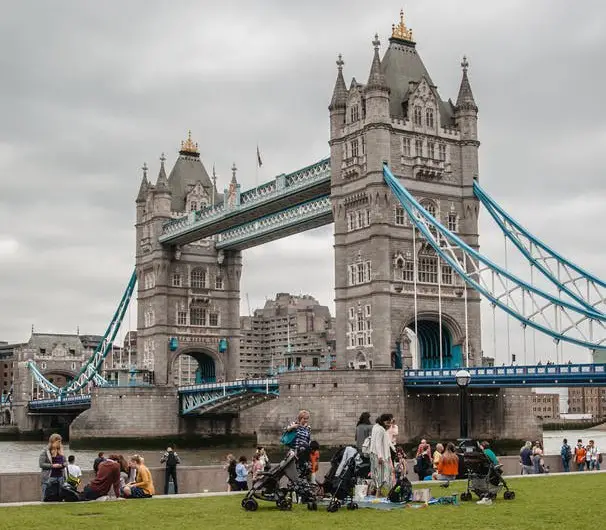On Thursday the Bank of England announced it would hike interest rates by 75 basis points – the biggest rate increase it has implemented in 30 years, as it battles skyrocketing inflation.
It was the central bank’s eighth interest rate hike in less than a year raising the benchmark rate to 3%. It is the highest point the benchmark rate has hit since November 2008. In its statement, the central bank predicted there would be a prolonged recession in the British economy as inflation and energy costs cut into consumer pocketbooks on one side, and the bank attempted to contain the damage through tightening policy to slow the economy on the other. The bank predicted it could be the longest economic contraction in modern history, lasting well into 2024.
It was the first central bank meeting in the UK since the premiership of Liz Truss, which had created some disruptions due to a mini-budget it introduced, which sought to implement a wide range of tax cuts, without adequately explaining how they would be funded. The policy is now in the process of being revised, as rising food and energy costs continue to savage the economy.
Inflation surged in September to 10.1% year over year, returning to July’s high, which was five times the 2% target rate of the central bank.
The bank has said policymakers are determined to reduce inflation to the 2% target rate using higher interest rates, and that economic effects, such as the impact on homeowners of rising mortgage costs is of secondary concern compared to the rising inflation.
The Bank of England’s move comes on the heels of similar moves by the US Federal Reserve, and the European Central Bank last week.

